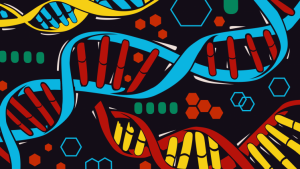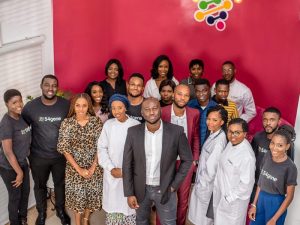TechInAfrica – When observing the current trends of the collected samples in biobanks, white European DNA takes the forefront seat. From drug research to the prevention of the diseases, the mass amount of European genomic databases are catalyzing the way the whole health framework is engineered, leaving their African counterpart in the dark.

54gene is a biobank startup trying to catch up with the global drift. Intending to hit 40,000 samples at the end of 2019, and 200,000 more by the end of 2020, the achievement will introduce Africa among the biggest global biobanks. Alicia Martin, a geneticist at the Broad Institute, Harvard Medical School, and Massachusetts General Hospital, highlights the significant loss for the world when the African genomics are left out. According to her, the unique history makes the population useful for pinpointing the variants that are driving diseases. It goes back to their ancestry era; where the population is known to have a longer life span when compared to other ancestries in the whole world, which encapsulates a unique history that in turn, flourishes the diversification of the genome development. Take Nigeria into consideration. The country alone conserved 500 unique ethnic groups.
Founder of 54gene, Abasi Ene-Obong, who pursued cancer biology in the University of London, wants to make African genomics available to the world to power drug discoveries that can treat people of all races. The startup also revealed a possible collaboration with 3 African countries on setting new biobanks. It won’t be too long before the continent’s genomics database is heightened in terms of its variation thanks to the addition of more unique ethnic groups to the list.

Relying on hospitals for faster sample collection, the partnership lets 54gene recruits volunteers with cancer, cardiovascular, metabolic, neurodegenerative, and sickle cell diseases. The startup works with the hospital’s researchers to collect their blood, tumor tissue, and saliva sample while the hospitals’ researchers receive their patients’ genetic data and in exchange, they grant the startup access to their patients’ health records.
Source: Wired.com




